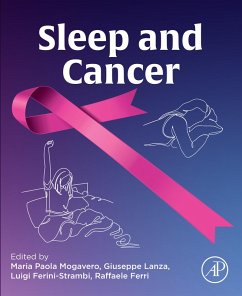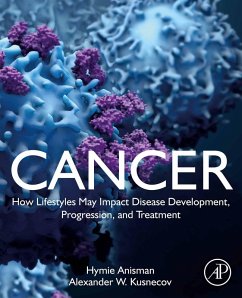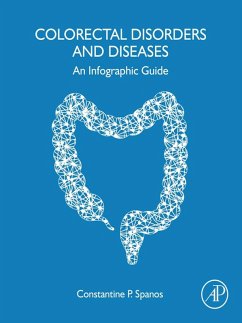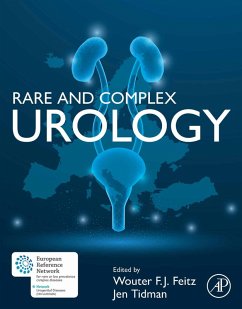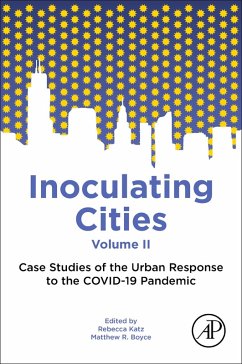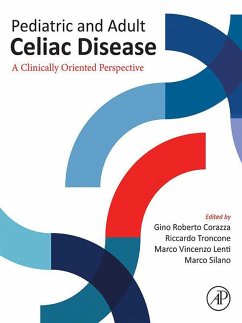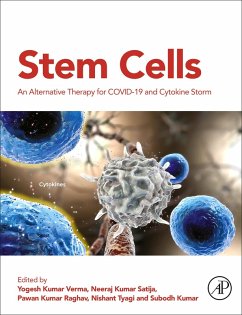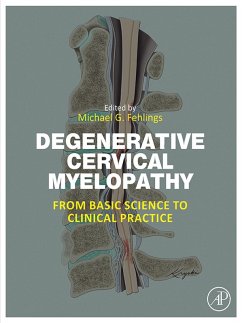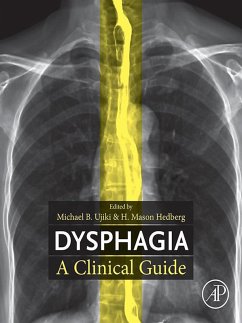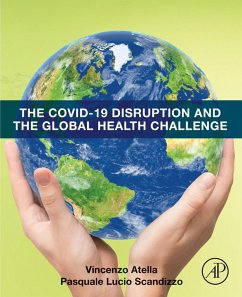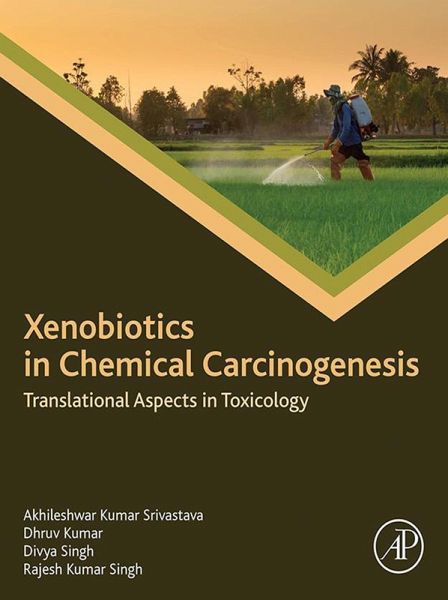
Xenobiotics in Chemical Carcinogenesis (eBook, ePUB)
Translational Aspects in Toxicology
Versandkostenfrei!
Sofort per Download lieferbar
113,95 €
inkl. MwSt.
Weitere Ausgaben:

PAYBACK Punkte
57 °P sammeln!
Xenobiotics in Chemical Carcinogenesis: Translational Aspects in Toxicology covers the translational toxicology of xenobiotics substances in carcinogenesis by explaining the toxicokinetic and toxicodynamic, toxicogenomic, biotransformation, and resistance mechanisms in the human body. The book begins with a historical review and link to future prospects for chemical carcinogenesis. It discusses major environmental xenobiotics and their risks in inducing cancer, along with content on toxic xenobiotics and their routes of exposure in humans, the role of xenobiotic metabolism in carcinogenesis, a...
Xenobiotics in Chemical Carcinogenesis: Translational Aspects in Toxicology covers the translational toxicology of xenobiotics substances in carcinogenesis by explaining the toxicokinetic and toxicodynamic, toxicogenomic, biotransformation, and resistance mechanisms in the human body. The book begins with a historical review and link to future prospects for chemical carcinogenesis. It discusses major environmental xenobiotics and their risks in inducing cancer, along with content on toxic xenobiotics and their routes of exposure in humans, the role of xenobiotic metabolism in carcinogenesis, and the toxicokinetic and toxicodynamic of xenobiotics in cancer development. Lastly, the book explores current achievements such as using toxicogenomics for predicting the carcinogenicity of xenobiotic substances and the challenges posed by carcinogenic xenobiotic substances when examining preventive methods, diagnosis, and the development of anticancer drugs for specific toxicants. - Covers the exposure and transmission of various toxic xenobiotics substances, including nanomaterials, to humans and their interaction with specific tissues in precipitating the development of cancers - Unravels the toxicokinetic and toxicodynamic processes of toxic xenobiotics in bioaccumulation - Examines the genetic aberrations in cancer genomes by genetic-environmental interactions in carcinogenesis - Explains the biotransformation mechanisms of toxic xenobiotics by gut microbes in humans
Dieser Download kann aus rechtlichen Gründen nur mit Rechnungsadresse in A, B, BG, CY, CZ, D, DK, EW, E, FIN, F, GR, HR, H, IRL, I, LT, L, LR, M, NL, PL, P, R, S, SLO, SK ausgeliefert werden.



